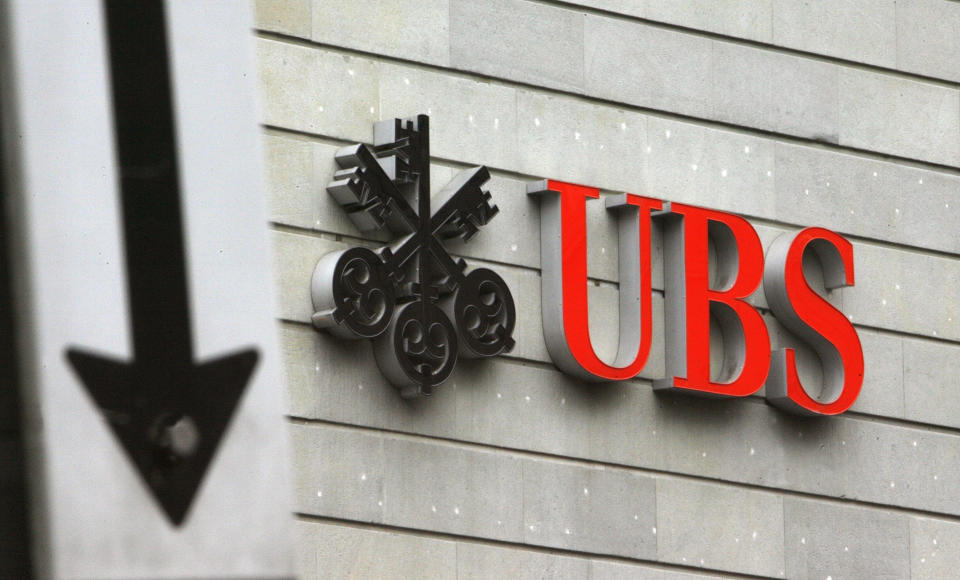UBS joins rivals in forecasting sharper slump for UK economy

Switzerland’s UBS (UBSG.SW) has become the latest investment bank to downgrade its outlook for the UK economy, forecasting a sharper contraction in GDP this year.
In a note sent to clients on Tuesday, UBS said it was downgrading its forecast for UK GDP this year from -9.4% contraction to a -10.1% slump.
Economist Anna Titareva said the downgrade was driven by worse-than-expected second quarter GDP figures published earlier this month. Official figures showed the UK economy shrank by 20.4% between April and June.
READ MORE: Forecasts for UK economy get worse and worse
UBS follows in the footsteps of rivals Deutsche Bank (DBK.DE), Barclays (BARC.L), and HSBC (HSBA.L), which have all downgraded their UK GDP forecasts in recent weeks.
Titareva did upgrade her forecast for GDP growth next year, predicting the UK economy would bounce back by 7% in 2021. But she warned that “the speed of the recovery remains highly uncertain.”
“We see three key risks,” Titareva wrote. “Firstly, a slow recovery in spending in sectors involving social interaction.
“Secondly, a significant increase in unemployment following the end of the Coronavirus Job Retention Scheme (CJRS) in October, weighing on consumption more broadly.
“Lastly, subdued business investment in the context of weak demand and ongoing Brexit uncertainty.”
Forecasts for the UK economy continue to worsen, with figures collated by the government showing the average prediction for 2020 GDP is now a -10.1% contraction. The second quarter GDP slump signalled the worst COVID-19 economic collapse of any developed nation.
READ MORE: UK economy officially enters recession after record 20.4% contraction
Samuel Tombs, chief UK economist at Pantheon Macroeconomics, wrote in a report last week: “The severity of the slump... was chiefly a by-product of the very long lockdown in the U.K., necessitated by the government’s laissez-faire attitude in the early days of the pandemic, which meant that the virus spread more widely than in other countries.”
Titareva wrote: “We do not anticipate output to recover to its pre-crisis levels before at least 2022, with real GDP at the end of 2021 remaining 2.5% below its level in Q4 2019.”

 Yahoo Sport
Yahoo Sport 





































